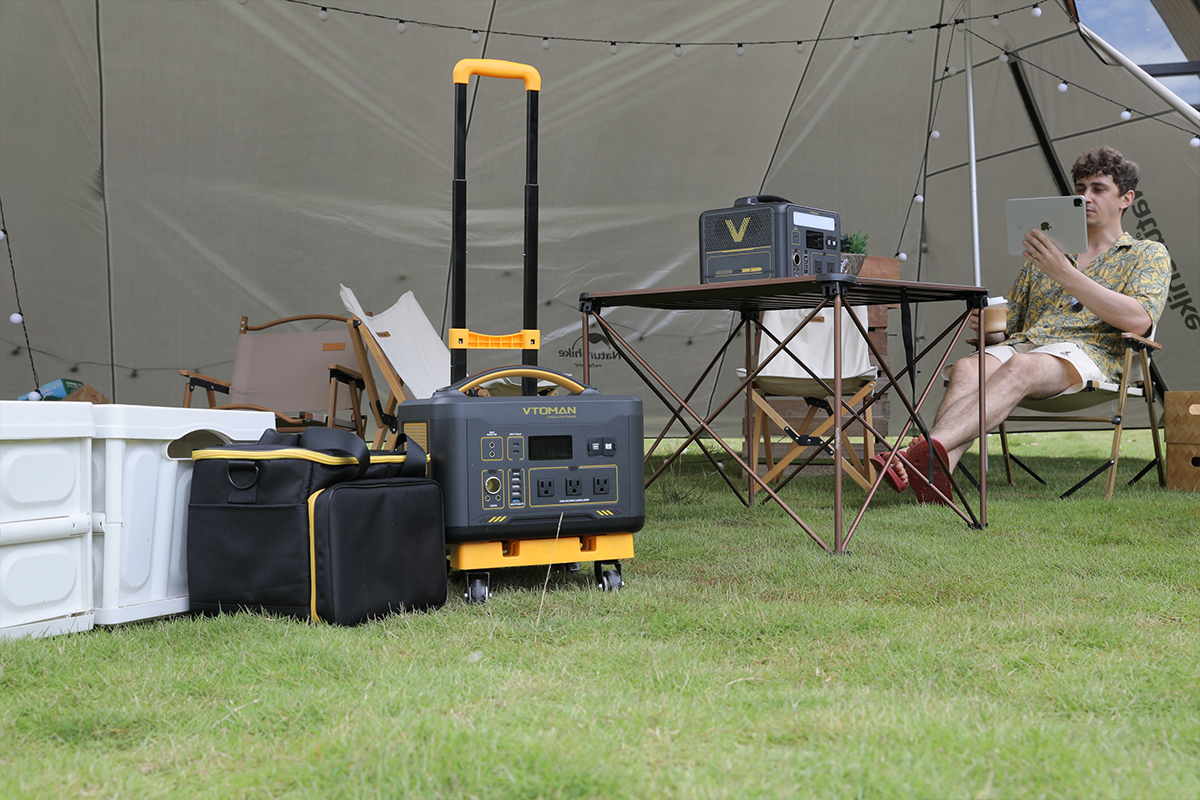The Pros and Cons of Investing in a Residential Solar Generator System
Body
Are you considering investing in a residential solar generator system? This innovative technology has gained popularity in recent years due to its potential to provide clean and renewable energy for homes. In this article, we will explore the pros and cons of investing in a residential solar generator system, giving you a comprehensive understanding of this topic.

Advantages of Residential Solar Generator Systems
1. Cost Savings: One of the major advantages of investing in a residential solar generator system is the potential for significant cost savings. By harnessing the power of the sun, you can generate electricity for your home, reducing your reliance on traditional energy sources and lowering your monthly utility bills. Over time, the savings can be substantial, making it a wise long-term investment.
2. Environmental Benefits: Another key advantage of residential solar generator systems is their positive impact on the environment. Solar energy is clean and renewable, producing no harmful emissions or pollutants. By using solar power, you can reduce your carbon footprint and contribute to a greener and more sustainable future.
3. Energy Independence: Investing in a residential solar generator system provides you with a sense of energy independence. With your own solar power system, you are less reliant on the grid and are not affected by power outages or fluctuations in energy prices. This can provide peace of mind and ensure that your home remains powered even during emergencies.
4. Government Incentives: Many governments around the world offer incentives and tax credits to encourage the adoption of solar energy. These incentives can significantly reduce the upfront costs of installing a residential solar generator system, making it more affordable for homeowners. It is important to research and take advantage of these incentives to maximize your savings.
Disadvantages of Residential Solar Generator Systems
1. High Initial Costs: One of the main drawbacks of investing in a residential solar generator system is the high initial costs. The installation and equipment expenses can be substantial, requiring a significant upfront investment. However, it is important to consider the long-term savings and potential return on investment when evaluating the cost-effectiveness of solar power.
2. Weather Dependence: Solar power generation is dependent on sunlight, which means that the efficiency of your residential solar generator system can be affected by weather conditions. Cloudy days or limited sunlight can reduce the amount of energy generated, potentially impacting your power supply. However, advancements in technology have made solar panels more efficient, minimizing the impact of weather variations.
3. Space Requirements: Residential solar generator systems require adequate space for the installation of solar panels. Depending on the size of your system, you may need a significant amount of roof or ground space. It is important to assess your available space and determine if it is suitable for accommodating the solar panels required to meet your energy needs.
4. Maintenance and Repairs: Like any other technology, residential solar generator systems require regular maintenance and occasional repairs. This can involve cleaning the solar panels, checking the wiring, and ensuring optimal performance. While maintenance costs are generally low, it is important to factor them into your overall investment calculations.
Conclusion
Investing in a residential solar generator system offers numerous advantages, including cost savings, environmental benefits, energy independence, and government incentives. However, it is important to consider the high initial costs, weather dependence, space requirements, and maintenance involved. By carefully weighing the pros and cons, you can make an informed decision that aligns with your energy needs, budget, and environmental goals.










Comments